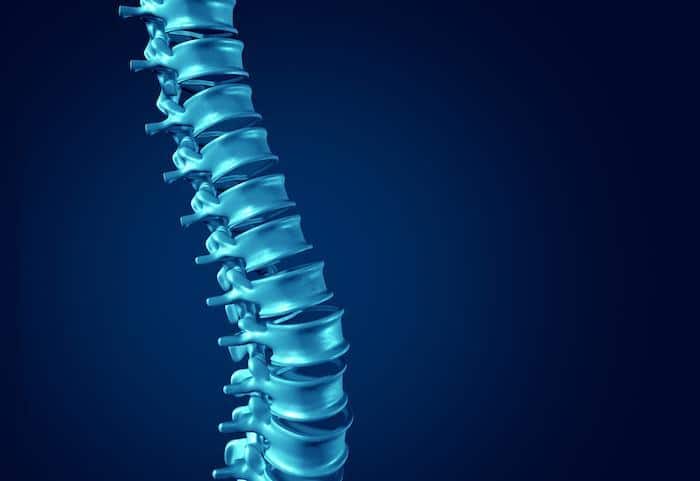Problems with your spine negatively affect your life in many ways. Chronic pain from spinal issues isn’t always manageable through conservative means. If you’re still in pain, spine surgery is often the next step in your treatment plan.
When you can’t bear your back pain any longer, Dr. Jordi Kellogg and the team at Kellogg Brain and Spine offer several effective treatments. Dr. Kellogg is a highly experienced neurosurgeon who provides several cutting-edge spine procedures to manage your back or neck pain.
Types of spine surgery
Dr. Kellogg recommends spine surgery when you have back pain that isn’t getting better with conservative treatments. He thoroughly evaluates your pain to determine what’s causing your discomfort.
Dr. Kellogg recommends specific surgical procedures based on what’s causing your pain. After a thorough evaluation and an MRI, he may suggest one of the following procedures:
- Spinal cord stimulator
- Discectomy
- Fusion
- Disc replacement
- Laminectomy
- Cervical foraminotomy
Each type of spine surgery is different, but preparation for these procedures is similar. Getting ready for spine surgery is the best way to prepare yourself for the weeks to months of recovery afterward.
Preparing for your procedure
Preparing for your procedure ensures that your recovery is as easy as possible. You may need to start preparing a few weeks before your scheduled spine surgery. Some of the ways you can effectively get ready for your procedure include:
Quit smoking
When you smoke, your body has a more challenging time recovering after surgery. Dr. Kellogg recommends quitting smoking as soon as possible for successful spine surgery.
You should try quitting several weeks to months before your spine surgery to reduce complications.
Meal prep
The first week after your procedure may be difficult, and you’ll want to rest. Prep your meals ahead of time, so all you have to do is reheat your food. Meal prepping allows you to heal and stay off your feet in the first few weeks after your spine surgery.
Get slip-on shoes
After your procedure, you may be unable to bend down to tie your shoes. Slip-on shoes are essential after spine surgery, as they make getting dressed much easier on you and your family.
Invest in a toilet riser
A toilet riser is a necessary tool after you’ve had back surgery. The riser allows you to sit on the toilet without bending down with your back and hips. It’s beneficial in the first few weeks after your spine surgery.
Keep moving
Before your surgery, the best thing to do is to keep moving and stay active. Exercising before your procedure not only keeps your weight down but also decreases your risk of a blood clot or circulation issues after your procedure.
Purchase a grabber
After spine surgery, you’ll have limited mobility for a few weeks. A grabber is an item that has a pincher at the end of a long pole. The grabber allows you to pick up dropped items or get something not in close reach after your procedure without bending over.
Another crucial component of spine surgery preparation is education. Educating yourself about the procedure Dr. Kellogg will perform on you is a great idea. Knowing what to expect is half the battle regarding spine surgery preparation.
What to do the night before
Our team calls you a few days before your procedure to discuss your instructions before your surgery. Make sure you take notes to ensure you’re prepared on the day of your procedure.
The night before spine surgery, try to relax and get some sleep. Although it’s difficult, the more you stress, the harder the day of your procedure will become. Go to bed early to ensure you’re well-rested for your procedure.
You must also follow instructions precisely regarding food and drink the night before your procedure. Typically, you can’t eat or drink after midnight on the day of your procedure. You can have clear liquids a few hours before the surgery.
If you have questions about what you can and can’t do the day before your procedure, call the team to clarify your instructions. It’s better to ask questions than risk our team canceling your surgery for safety reasons.
The morning of, make sure you get to the surgery center on time and wear comfortable clothing. Take along a book to read while you’re waiting, and take off any jewelry that you have on.
To get expert help for your back pain, don’t hesitate to call one of our offices in Oregon today or request an appointment with Dr. Kellogg on our website.


